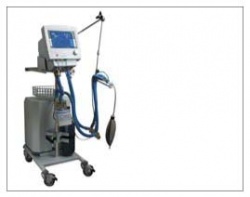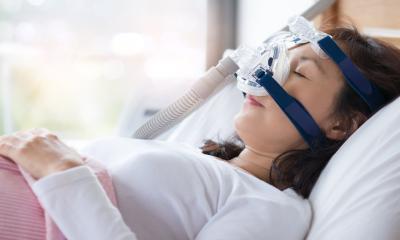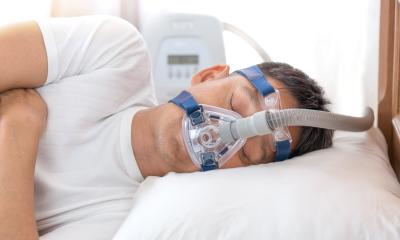The Raphael XTC
The Raphael XTC offers non-invasive positive pressure ventilation (NPPV), full-featured invasive ventilation and easy switching between those two ventilatory modes. Its Swiss manufacturer, Hamilton Medical AG, also points out that the system is fully adapted for use in sub-acute care units, long-term care centres, intensive care departments, recovery rooms and during patient transit.

The unit has a LiteCircuit single-limb breathing circuit for non-invasive ventilation, or double-limb circuit. ‘IntelliTrig technology automatically responds to leak changes and adapts the sensitivity thresholds for optimal response to the patient’s breath.’
In addition to non-invasive ventilation capabilities, the unit offers cost-effective, high-end invasive ventilatory care covering the full range of clinical requirements for all patient categories, from children to adults. It combines reliability and high performance with advanced lung protective strategies and patient-adaptive modes, the firm points out. ‘Key technological features include biphasic ventilation to encourage spontaneous activity from the beginning of mandatory ventilation, and Adaptive Support Ventilation (ASV), an easy-to-use and safe mode of ventilation for the management of intubated patients - from intubation to weaning. ASV employs lung-protective rules and adjusts the ventilatory pattern based on the patient’s pulmonary mechanics and spontaneous respiratory activity.’
17.11.2006





